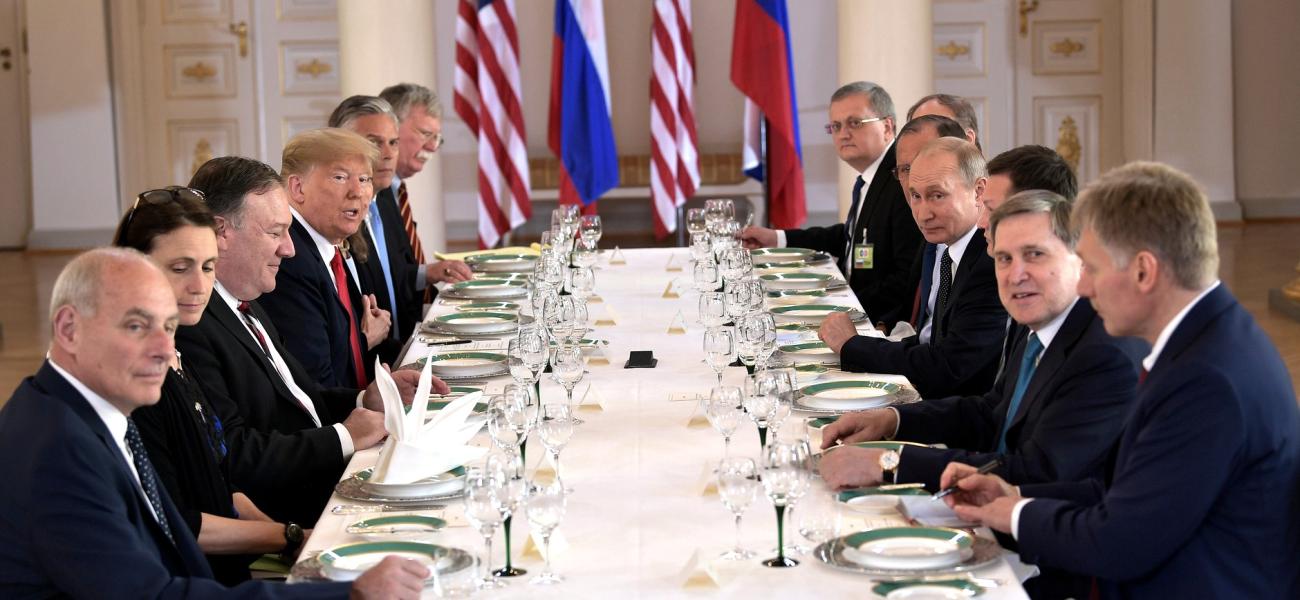
U.S.-Russian Relations in a New Era
This is a summary of an article originally published by the National Interest with the subheading: "Washington and Moscow are on the verge of a confrontation that has not been seen since the early 1980s."
The author writes that the "post–Cold War period in U.S.-Russian relations ended abruptly in March 2014 with the eruption of the Ukraine crisis. This does not mean … that a new cold war has broken out.”
Unlike the Cold War, the “distribution of power in the world is no longer bipolar ... Rather, the contours of an inchoate multipolar system are emerging." U.S. relations with Russia will however "remain troubled for a considerable period" for several reasons. First, "Russia and the United States control some 90 percent of all nuclear weapons in the world." They also both possess "vast natural resources … and a proven talent for developing the military applications of advanced technologies."
“Whether the United States remains at the top of the global hierarchy and Russia a key player—and by extension whether U.S.-Russian relations will matter in the global context—will be determined in large part by the relative power potential and political will of both countries.”
“Global developments during the next three decades could slowly erode the historical foundations of the competitive relationship and create opportunities for strategic cooperation. … Indeed, some U.S.-Russian geopolitical cooperation would be needed to maintain a balance of power, the prerequisite for order and stability in a multipolar world.
Read the full article at the National Interest.
Thomas Graham
Thomas Graham is a managing director at Kissinger Associates and a lecturer at Yale University's MacMillan Center. He also served as senior director for Russia on the NSC staff in the George W. Bush administration.
Photo by kremlin.ru
